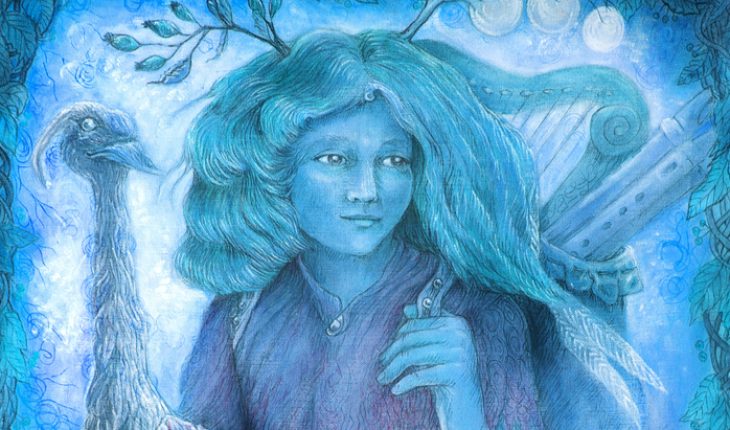There is a paradox to sleep in that it comes when you are not trying; but unfortunately, too many people try and fail to get to sleep. When you try to sleep, your mind monitors your efforts, which then keeps you awake. Instead, have the intention of relaxing and letting go.
Difficulty falling asleep is a genuine problem in western society, perhaps caused by factors including increased levels of stress in busy lifestyles and the ubiquity of digital technology. People who watch their mobile phones or tablets late into the night are over-stimulating their brains, preventing them from slowing down. They are also exposing themselves to UV light from the screens which interferes with our natural circadian rhythm.
Bedtime stories, designed for adults, can actually be powerful aids in assisting people who find it hard to fall asleep naturally. This is because they help people get into the right mindset to allow their brains to switch off. If you’re tired, relaxed and ready for sleep you will automatically fall asleep after 10 to 20 minutes. This is why doing something calming before bed will help prepare you for sleep.
Of course, people who use these stories also need to follow good sleep practices, such as lying down in a darkened room without distractions.
The 23 natural sleep aids and tranquillising stories which are now available on the meditation app, Calm, are all designed to mix sleep-inducing tales with soothing words, music and sound effects. My contribution is a talk on sleep science and advice.
Other narrators include mindfulness gurus and actors including Anna Acton, known for TV roles in the Doctors, Casualty, EastEnders and The Bill, and, perhaps less so, for being the younger sister of Michael Acton Smith, co-founder of Calm.
Most stories range in length from 20 to 30 minutes and in kind from non-fiction nature essays describing natural wonders to an extract from Shakespeare’s A Midsummer Night’s Dream. They include both original stories, devised by mindfulness experts, and slow-tempo retellings for adults of such classic children’s tales as The Ugly Duckling by Hans Christian Anderson and The Velveteen Rabbit (read by Anna Acton) by Margery Williams.
Everyone will find that some stories work better for them than others, but once they have pinpointed which works best for them, the story itself should become a cue to the brain that it is time to sleep.
The main point of the stories is to distract the brain from thoughts that might make someone anxious or stressed. If you are listening to the soothing words of a professional actor you are less likely to be worrying about your job prospects or the mortgage repayments. The subject matter should not be overly stimulating, in fact, it can even be slightly dull. One of the bedtime stories features the boring and monotone voice of the economics teacher in the film, Ferris Bueller’s Day Off. The actor Ben Stein is reading excerpts from 18th-century text, The Wealth of Nations, by Scottish economist Adam Smith. This is not designed to be sparky. In fact, it is supposed to bore you to gentle sleep.
Familiar fairy tales can help someone who is anxious feel more relaxed as they listen to a well-loved tale that they probably heard as a child. Familiarity is soothing and makes us feel safe, a prerequisite for peaceful sleep.
When you are in a safe space, you can gently let your mind and body go and fall into a natural slumber without the need for drugs or other sleep aids.
- Tell me a story: how to fall asleep - 19th December 2016







